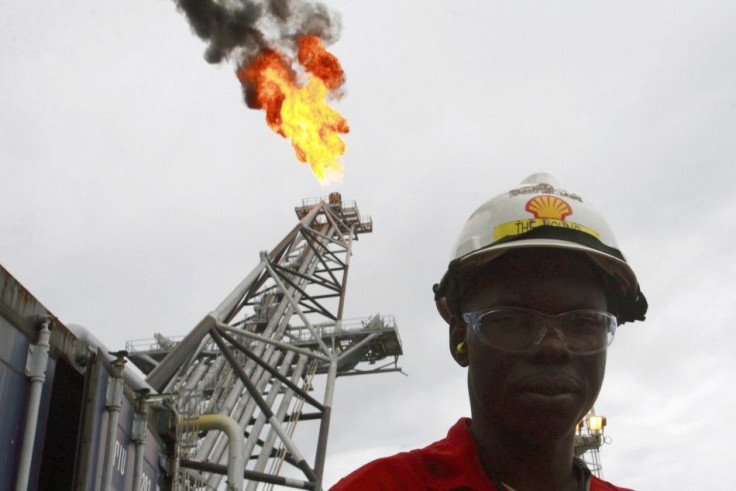Nigeria Fuel Shortage: Arik Air, MTN And Airtel Among Big Businesses Crippled By Lack Of Fuel

Though citizens of Africa’s biggest economy have been dealing with fuel shortages for weeks, the scarcity has finally spread to airlines, mobile providers and other big businesses. Arik Air Ltd., the country’s largest national airline grounded two-thirds of its flights Sunday, including runs to London and New York, due to the fuel shortages, Bloomberg reported.
MTN, Nigeria’s largest phone provider warned the shortage could interrupt services. “MTN’s available reserves of fuel are running low and the company must source for a significant quantity of diesel in the very near future to prevent a shutdown of services across Nigeria,” the company said in a statement posted on Twitter.
Diesel scarcity jeopardizes MTN operations pic.twitter.com/CfglElvngm
- MTN Nigeria (@MTNNG) May 23, 2015Airtel Nigeria, another major phone services provider, posted a similar statement on Facebook Sunday.
“While we are currently doing everything within our means as well as going the extra mile to ensure that our base stations and switches are up and running, it is sad to note that it is becoming increasingly difficult to replenish current stock of diesel due to the lingering scarcity of the products,” the company said.
STATEMENT BY AIRTEL NIGERIA ON THE CURRENT DIESEL & FUEL SCARCITY. https://t.co/JScffeqiOr
- Airtel Nigeria (@AirtelNigeria) May 24, 2015Nigeria’s economic growth slowed to 4 percent in the first quarter of the year, down from 5.5 percent in 2014, according to its National Bureau of Statistics, and the future doesn’t look positive either.
Roughly 75 percent of Nigeria’s government revenue comes from crude oil sales. But global prices have fallen more than 50 percent in the past year, which has left a massive hole in the state budget.
By the beginning of May the government had already borrowed more than it had allotted for the entire year. Some public servants haven’t received a salary in months.
Oil production has slowed to 2.2 million barrels per day. Nigeria is the largest oil producer in Africa, but lacks the infrastructure to refine its own product to meet the needs of its population of 173.6 million. Consequently, it is heavily reliant on imports, as CNBC reported.
Muhammadu Buhari will take over the presidency from Goodluck Jonathan May 29. While his election was lauded as a victory for democracy, the switch has many creditors worried about continuity and the administration’s ability to adjust to the new economic environment.
© Copyright IBTimes 2024. All rights reserved.












